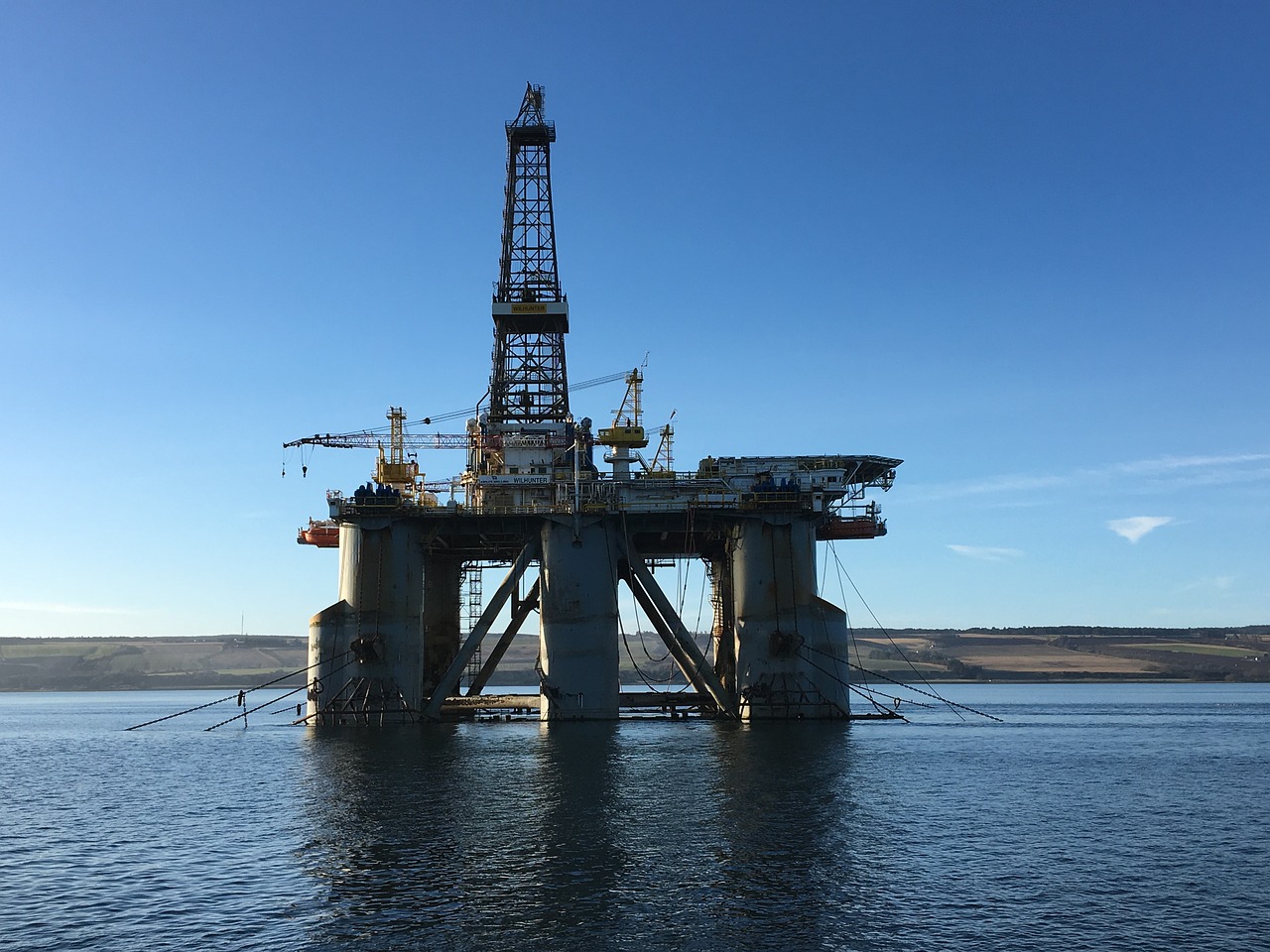This past week was good to the oil and gas industry. First, President Obama talked up jobs gains from drilling and labeled natural gas a “bridge fuel” in his State of the Union address, using terminology favored by natural gas advocates.
Then, on Friday, the Obama administration released a much-awaited assessment of the Keystone XL pipeline’s environmental impacts which concluded that pipeline construction “remains unlikely to significantly impact the rate of extraction in the oil sands,” effectively turning a blind eye to the staggering carbon emissions from tar sands extraction and expansion plans.
While Mr. Obama’s warm embrace of fossil fuels surprised some environmentalists, it should come as little surprise in light of prior comments made by the CEO of the American Petroleum Institute (API).
“It’s our expectation it will be released next week,” Jack Gerard confidently told Reuters, referring to the Keystone XL assessment, while many were still speculating that the report might not be issued until after the November mid-term election. “We’re expecting to hear the same conclusion that we’ve heard four times before: no significant impact on the environment.”
Mr. Gerard added that these predictions were based on sources within the administration.
In fact, as the Keystone decision-making process has unfolded, the oil and gas industry has had — as they’ve enjoyed for decades — intensive access to decision-making in the White House. This access has helped form the Obama administration’s schizophrenic energy policy, in which the President backs both renewable energy and fossil fuels without acknowledging that the two are competitors. When fossil fuels gain market share, renewables lose.
While even the World Bank has called for immediate action on climate change, the API, which has worked hard to shape Obama’s views on fossil fuels, has also worked to create doubt around the very concept of fossil-fuel-driven climate change and to downplay the impact their industry has had.
There’s no question that the oil and gas industry wields enormous sway inside Washington D.C.
The API has spent $9.3 million dollars this year alone on reportable lobbying expenses, the highest amount in the group’s history, according to data from OpenSecrets.org. This summer, a DeSmog investigation found that API spent $22.03 million dollars lobbying at the federal level on Keystone XL and/or tar sands issues since June 2008, when the pipeline project was first proposed.
The API has also worked hard to convince lawmakers that voters overwhelmingly back the pipeline (despite a groundswell of grassroots organizing that has led to the project’s declining popularity).
This summer, Mr. Gerard’s group launched a massive ad campaign — featuring former Presidents George W. Bush and Bill Clinton — that was timed to be seen by lawmakers in Washington D.C. and when they headed back to their home states for recess. API has also funded astroturf campaigns (exposed by leaked documents), cited questionable job creation numbers, and drawn fire from media watchdogs for playing fast and loose with the facts.
The industry’s influence over Obama’s administration on Keystone XL has at times been downright scandalous. Obama’s State Department hired an API member, Environmental Resources Management, Inc. (ERM), to evaluate the Keystone XL pipeline’s potential environmental impact.
In a blockbuster investigative report, Mother Jones revealed that ERM’s Keystone experts previously worked for TransCanada, the company behind the Keystone project, along with other oil and gas companies poised to profit from the pipeline’s construction. When the report was released publicly by the State Department, reporter Andy Kroll had noticed something especially odd: the biographies of each expert had been redacted, suggesting that the State Department may have known of those potential conflicts and attempted to hide that fact.
The State Department’s inspector general promised to investigate the conflict of interest allegations, but the results of those investigations are still not public.
The API has tended to strongly favor Republicans over Democrats in its campaign contributions, but over the past several years, the Obama administration has reached out to the oil and gas industry group, soliciting its views. Nonetheless, Mr. Gerard remained unsatisfied. “At least they’re listening,” he told Oil and Gas Journal in 2012. “But they’re not following every one of our recommendations.”
If this past week is any indication, that might be starting to shift.
After Obama’s State of the Union address, Mr. Gerard was quick to applaud the President’s description of natural gas — which emits a little more than half as much carbon dioxide when burned as coal, but whose total climate impacts could actually be worse than coal once methane emissions are tallied — saying that the President was evolving.
“This year he gave a full-throated endorsement to natural gas,” Mr. Gerard told the Wall Street Journal. “Next year, he’ll be giving a full-throated endorsement to U.S. oil production.”
“His words are going in the right direction for us,” Mr. Gerard added.
The API has emerged as a significant influence over the Obama administration, and its inherently flawed all-of-the-above vision for our energy future.
The reason Keystone XL matters so much is not just as its symbolic importance as the fact that it would reflect a major long-term commitment to continued fossil fuel extraction — at a moment when climate experts are saying we must take immediate and drastic action and leave two-thirds of known fossil reserves in the ground.
In his State of the Union, Mr. Obama talked up benefits of oil and gas and then gave mention to renewables like wind and solar, but he showed no awareness that a long-term commitment to fossil fuels is in direct tension with furthering renewable energy.
“If we are truly serious about fighting the climate crisis, we must look beyond an ‘all of the above’ energy policy and replace dirty fuels with clean energy,” the Sierra Club’s Michael Brune said. “We can’t effectively act on climate and expand drilling and fracking for oil and gas at the same time.”
For its part, the API’s stance on climate has long been one of obfuscation. A 1998 API “Communications Action Plan” reads: “Victory will be achieved when … citizens ‘understand’ uncertainties in climate science … [and] recognition of uncertainties becomes part of the ‘conventional wisdom.’”
Jack Gerard has argued that fracking represents a benefit for the environment, citing the fact that carbon emissions have dropped since the shale boom began.
Not only does this ignore the role that the recession has played in reducing energy consumption, but it also ignores the effects of another key greenhouse gas: methane. There is strong evidence that methane emissions from the oil and gas industry could make natural gas even worse than burning coal, in terms of its overall climate impact.
And, there are signs that the reductions cited by Mr. Gerard are already over. Earlier this month, the EIA announced that CO2 emissions rose 2 percent in 2013, reversing earlier declines.
Of course, if Keystone XL is ultimately approved, carbon emissions can be expected to spike. The pipeline will carry up to 830,000 barrels of tar sands oil per day. Opening Keystone would emit as much CO2 into the atmosphere as opening six new coal-fired power plants, the Pembina Institute estimated.
“This is a large source of carbon that’s going to be unleashed,” Larry Schweiger, the president of the National Wildlife Federation told The New York Times after the State Department’s Keystone report was released. “We’re headed in a terribly wrong direction with this project, and I don’t see how that large increase in carbon is going to be offset.”
But if you ask Jack Gerard, there’s nothing to worry about. “This final review puts to rest any credible concerns about the pipeline’s potential negative impact on the environment,” he said in a statement. “This long-awaited project should now be swiftly approved.”
Photo Credit: Oil and Gas Well, via Shutterstock.
Subscribe to our newsletter
Stay up to date with DeSmog news and alerts






